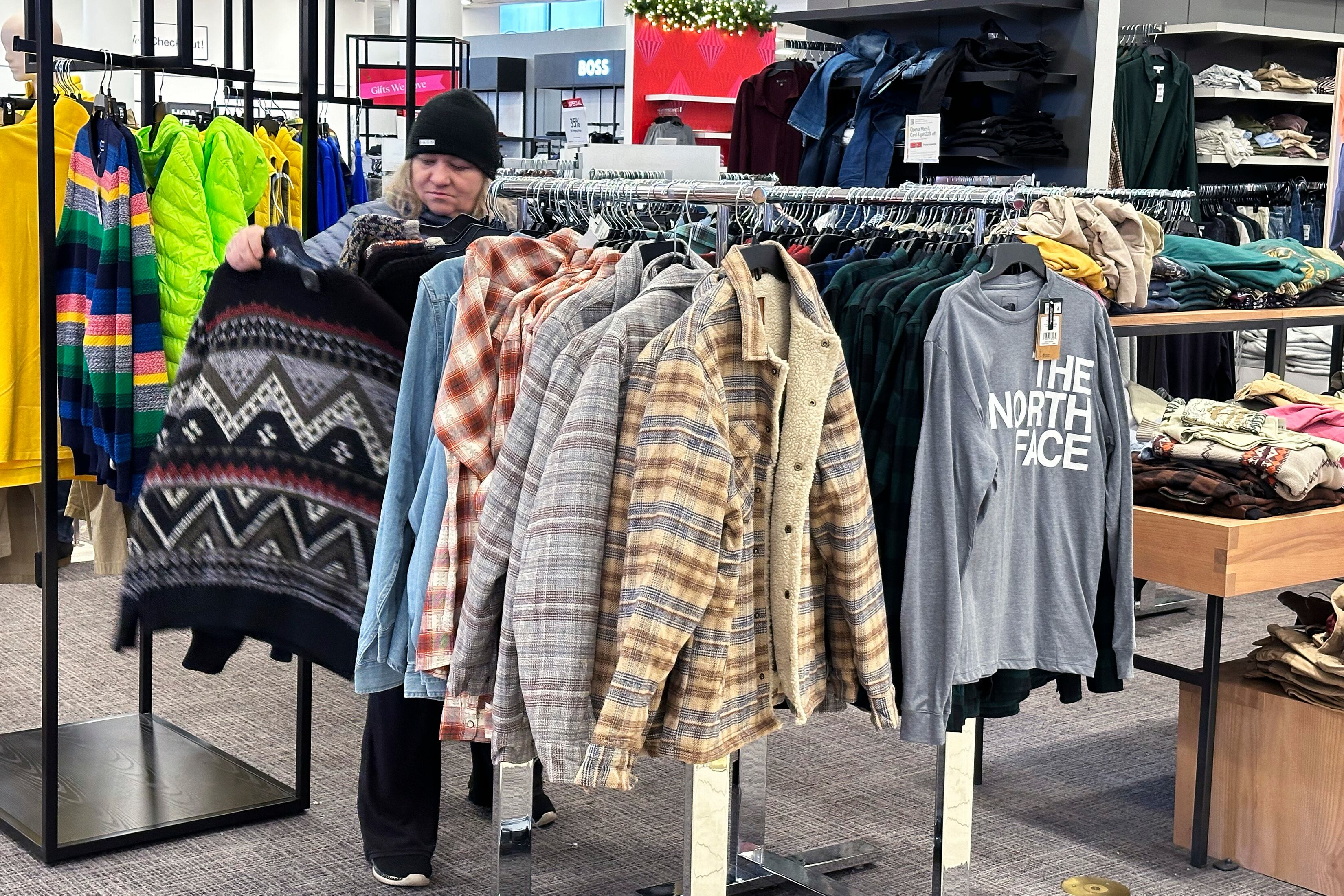Markets are near all-time highs, and those who have missed the boat may be feeling a little bit of FOMO. While tech stocks have led the way for most of the year, it could be time for a change. John Gagliardi, Regional Brokerage Consultant at Fidelity, joined us to discuss strategies for dealing with the fear of missing out on the rally.
Tech stocks are the best performing names of the year, but the recent downturn in the group may be signaling a rotation into other sectors. Gagliardi keys in on Alcoa, a big time materials company that often kicks off earnings season. He uses technical analysis to express whether investors may have missed out on the stock’s massive jump higher. The stock’s 20% pull back could give investors another shot.
Gagliardi explains how to use technical patterns to make rational investment decisions. He uses a Fidelity tool to pinpoint the optimal times to get into a stock. He adds that by buying at several price points, it can help reduce investment risk and give an investor the chance to bring their average cost.
With thousands of layoffs in tech and beyond, how workers can keep their skills sharp, plus reasons to be hopeful when looking at the job market.
Taking a look at investment strategy as the new year gets into full swing.
Americans stepped up their spending in December more than expected, closing out the holiday season and the year on an upbeat tone. The Commerce Department said retail sales rose 0.6% in December compared with a November’s 0.3% increase.
A New York architect charged in a string of slayings known as the Gilgo Beach killings was accused in a 25-year-old Connecticut woman's death.
Uber purchased Drizly in a cash-and-stock deal for $1.1 billion in 2021. The drink delivery app will shut down in March, according to Uber.
After Donald Trump's victory at the Iowa caucus, Nikki Haley and DeSantis continue their campaigns as New Hampshire's primary looms.
Christine Short, VP of Research at Wall Street Horizon, shares insights on small and big banks earnings, a fresh round of layoffs in the tech world, and what to expect from upcoming rate decisions.
More executives are feeling better about the global economy. But a growing number don’t think their companies will survive the coming decade without a major overhaul because of pressure from climate change and technology like artificial intelligence.
The International Olympic Committee has signed the first beer brand in the 40-year history of a sponsorship program that earns billions of dollars for the organization and international sports.
The latest calculations from several science agencies showing Earth obliterated global heat records last year may seem scary. But scientists worry that what’s behind those numbers could be even worse.












